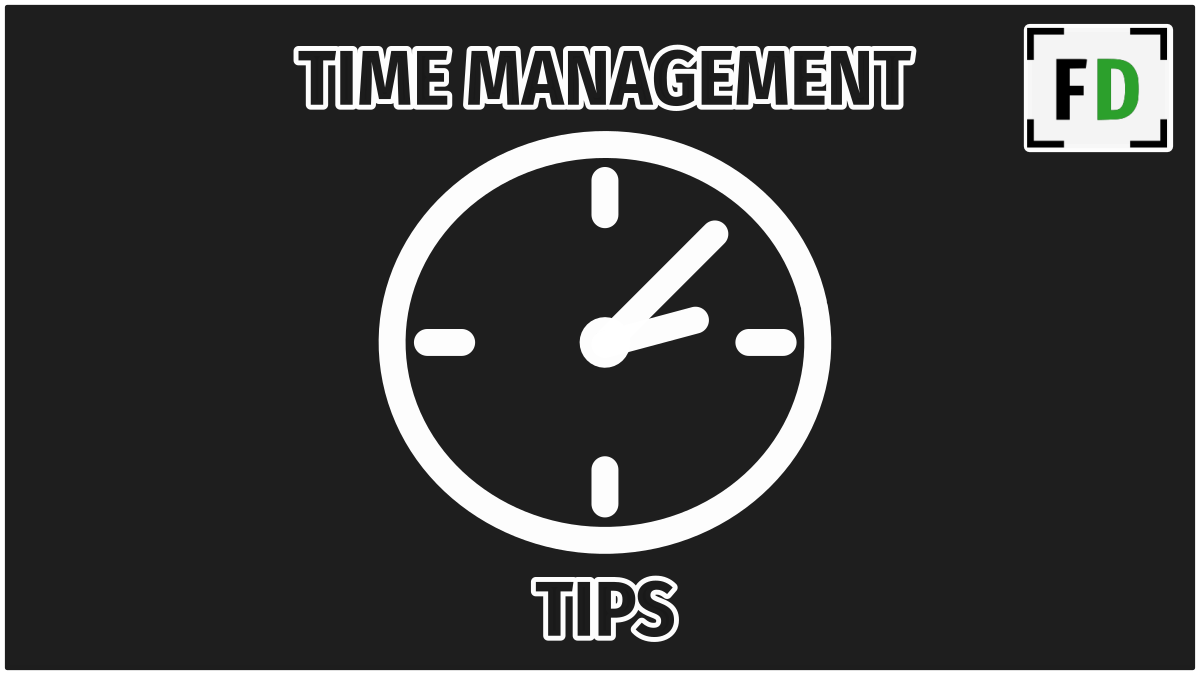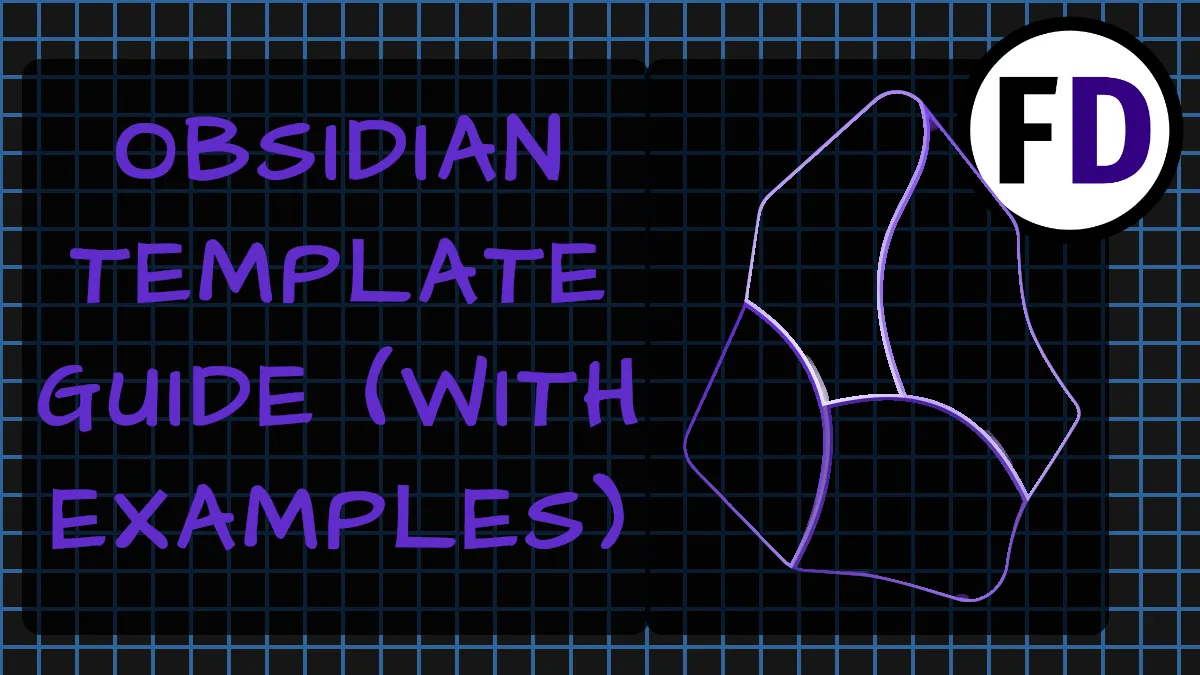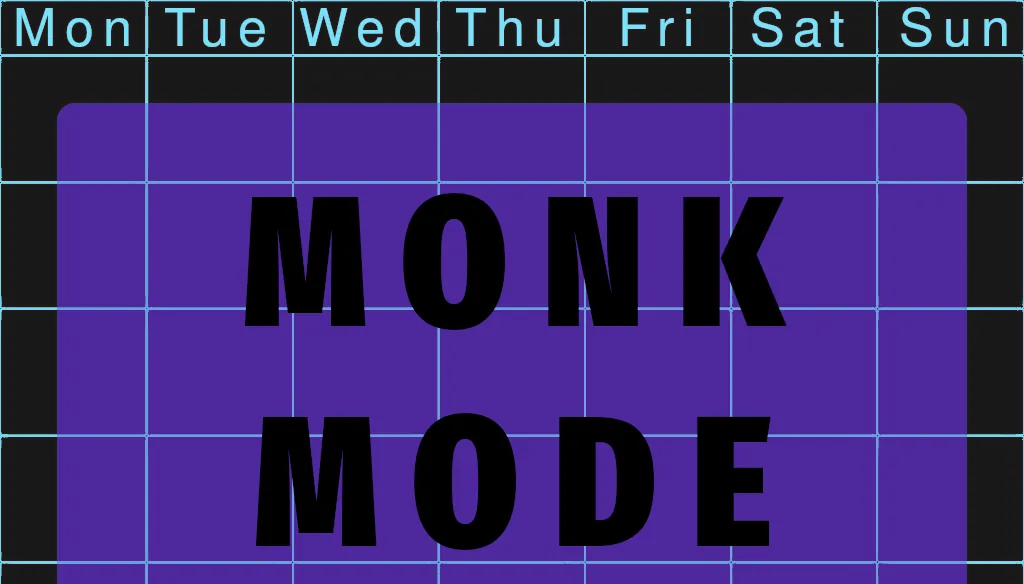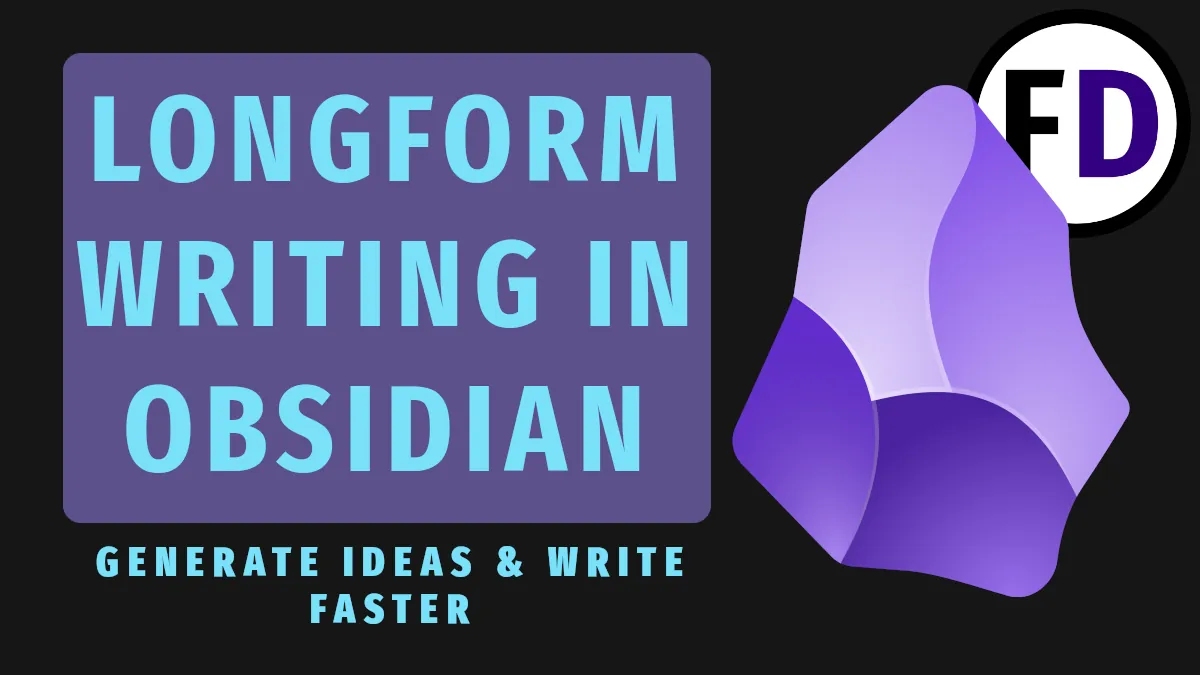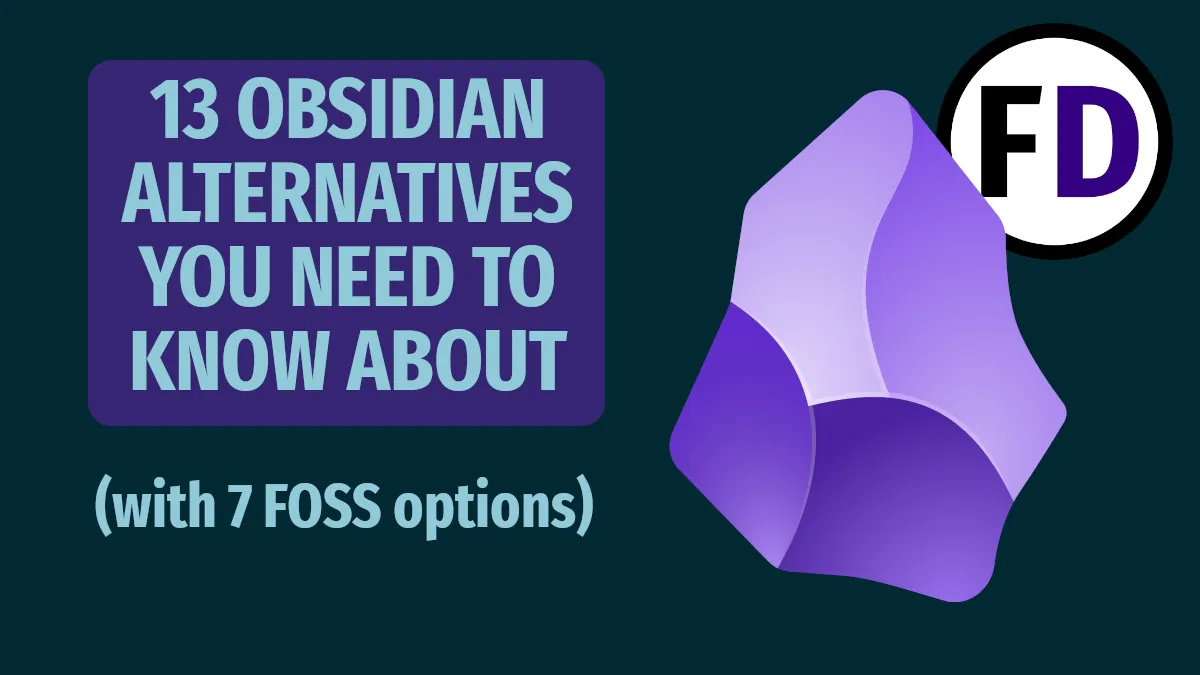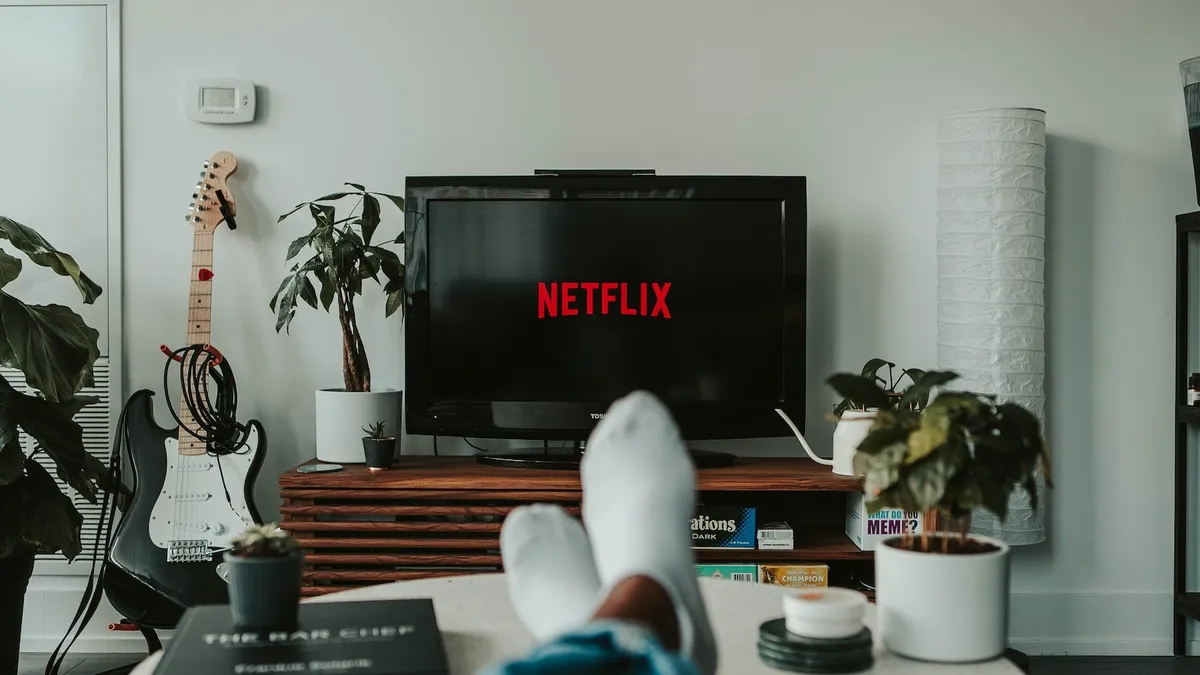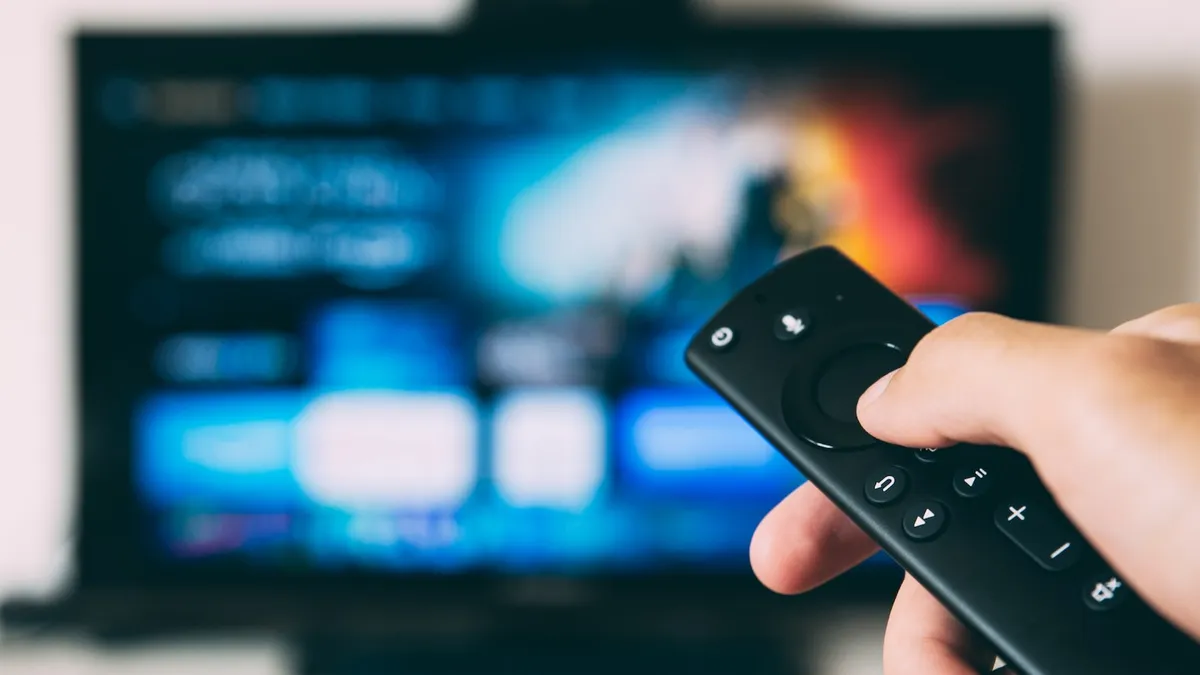Jordan Peterson encourages us to “clean up your room” as the first step to getting ourselves together and taking responsibility for our own lives and of those around us. What do we do after we’ve cleaned our room? Here I expand on Jordan’s answer and offer a step by step guide for what to do after cleaning your room.
After cleaning your room don’t sit back and congratulate yourself too long, instead follow these steps to continue to improve your life.
- Sit on your bed and ask yourself what stupid thing your doing to make your life worse
- Write it down
- What by your own standards do you think you should do instead?
- Create a plan to that achieve it
- What’s the next action?
- Do it!
So you’ve taken Jordan up on his advice and cleaned your room! The desk is finally tidy, the cupboards are looking emptier than they ever have and you’ve even made your bed. You look around the fresh smelling bright new living space and think to yourself, “What next?” Though you do feel better for having cleaned your room, like some weight has been lifted from around your neck, it doesn’t take too long to realize that your are still you, with the same problems and responsibilities as before.
You need the next step. The key to keep you moving down the path on which you have started. You squint and try to remember if Jordan said what your were supposed to do after cleaning your room but nothing comes to mind.
Jordan’s Answers for What to Do After Cleaning my Room
In fact Jordan has given a few answers to this question. After cleaning your room he recommends his Writing Program as a good way to continue the path of responsibility as an individual.
He has also recommended that you look around your greater environment for something that needs fixing and fix it. “You have to have some humility” Jordan continues, “you don’t just walk up to a military helicopter and start tinkering away.” But if there is something in your greater environment that needs fixing, which you could fix then fix it. “Fix 100 things like that and your world will be very different!”
The answer I would like to focus on in this post is to “sit on the end of your bed and ask yourself what stupid thing you’re doing to make it worse.”
I like this answer the most for a few reasons, the first of which is that it doesn’t require a writing assignment to complete! Seriously though I like the fact that this question is worded in a way so as to help you fix something that is going to have maximal impact.
After cleaning your room you can easily look around for things to fix and fix them by screwing in a new light bulb here or taking the trash down or backing up your digital files. And yes, fixing these things will make your life slightly better and they will add up if you manage to complete a whole bunch of them. But, Tackling something that is really making your life worse is going to have a much more powerful effect.
Not only will the effect be greater but it may even be easier too. Remember the question is not “what one thing could I do that would make my life better.” It’s “What one thing that is making my life worse could I stop doing?” this means that end goals is not to make yourself happy or to make your life easier but the goals is actually to reduce the amount of suffering in your life (and perhaps in the lives of those around you) and this is much more meaningful.
Stopping doing something depends on a non action. You don’t need to learn some new skill or try to complete some activity once you have answered this question, all you need to do is stop doing something, which while it may not be easier it is certainly less complicated.
What to Do After I Clean My Room
Sit on your bed and ask yourself what stupid thing your doing that is making your life worse.
“You have to ask!” Says Jordan, “Like you really want to know the answer.” Your not trying to force yourself into an answer here, really ask yourself and see what your have to say. “You’ll get an answer so fast it’ll make your head spin,”
Write it down
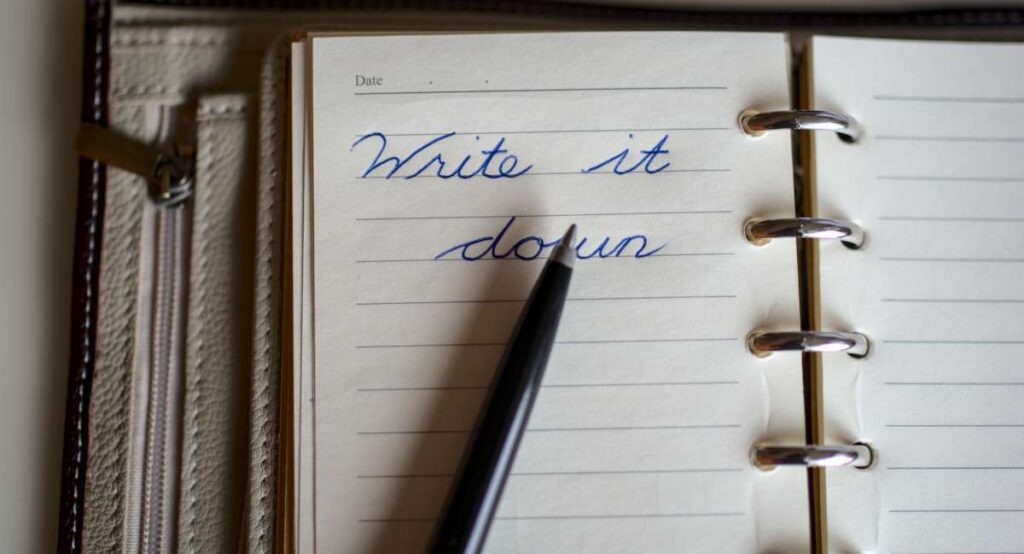
This is not directly from Peterson, but I’m sure he wouldn’t disagree with this advice. After asking the question and once you have an answer, write it down. We all know how terrible we are at focusing on anything, especially nowadays. Moreover all of us have forgotten things that in the moment we thought we would never forget, like that amazing business idea or the name of that place you really wanted to visit.
Writing the answer down has many benefits other than simply not forgetting it. You can easily comeback to the answer and think more about it when you have it written in front of you. It’s a truism that your mind is better at generating ideas and analysis when you point it at something when it doesn’t also have to remember what that thing is. If you answer is a few sentences long, trying to hold all that in your mind while at the same time trying to think about it is not a easy prospect.
If you have an ‘extended mind‘ this piece of paper can go into your system so you can trust that you will put it into action.
Our ideas morph and change over time and sometimes we may not even notice if the change is gradual. By writing your answer down you are setting it in stone, if your answer was that ‘Meeting Pete is making my life worse, he convinces me to drink every time we meet and I am unable to control my self or fight against the peer pressure. I do terrible things when I drink and always waste the next day due to the hangover, I need to break ties with Pete. Without writing this down it could easily end up in your mind as “I need to stop drinking, even if I go out with Pete I wont drink.” Writing down your answer will give you the strength you need to put it into action.
What should you do about it?
This is where you get to really make a difference in your life and figure out a way to stop doing whatever it is causing you to suffer. Depending on your answer this might be something really simple like stop eating junk food but when you start to unpack that it may be more complicated. You may have to come up against the reasons you overeat to begin with, you may realize that you eat junk food because you can’t cook or don’t know what to shop for.
Stopping a bad habit means confronting the reasons for the bad habit and often replacing it with something better. This doesn’t need to be an ideal imposed on to you, if you yourself think that this thing is making your life worse, then you should stop it and if you yourself think that this replacement would be better than that is what you should replace it with. It doesn’t matter if it is the optimal replacement or the replacement that experts recommend. If you think it’s better then it’s better.
This takes some pressure off, you don’t need to do huge amounts of research to find the best possible answer. In fact you probably came up with a solution as soon as you thought of the problem.
Create a Plan

You have your answer hopefully written on a piece of paper by now. Let’s make a plan to turn it into a reality.
1. Is your answer achievable?
Is your answer written in a way that is possible to check off as complete? ‘Stop eating junk food’ is something that is never complete-able. ‘Eat no junk food Mon-Sat for a year’ is. After a year you can check that off as done. Rewrite your answer into a SMART goal (specific, measurable, achievable, relevant and time-based.)
2. Brainstorm
Get your ideas down on paper, the good, the bad and the downright stupid, write them all down. The more you have now the more options your will have later. You may write things like
- Walk a different way home not past the KFC.
- Get a regular delivery of groceries so you always have healthy options at home.
- Remove the junk food apps and numbers from your phone.
- Buy documentaries on the dangers of junk food to stay motivated
- Ask Mom to teach me how to cook
- Learn 3 easy dishes I like that I can make anytime from things I always have at home like eggs and rice
- Put a fruit bowl on the coffee table instead of keeping fruit in the fridge
- etc.
3. Prioritize
Number your top ideas in order of which will have the most impact.
4. Decide which you can do this week.
5. What can you do today?
6. What is the next action that you can do now?
7. Do it!

